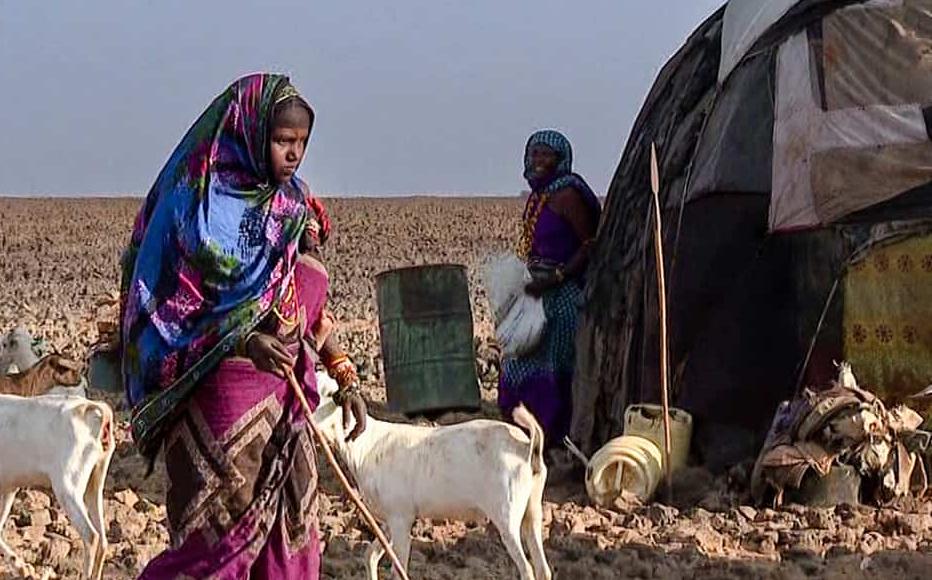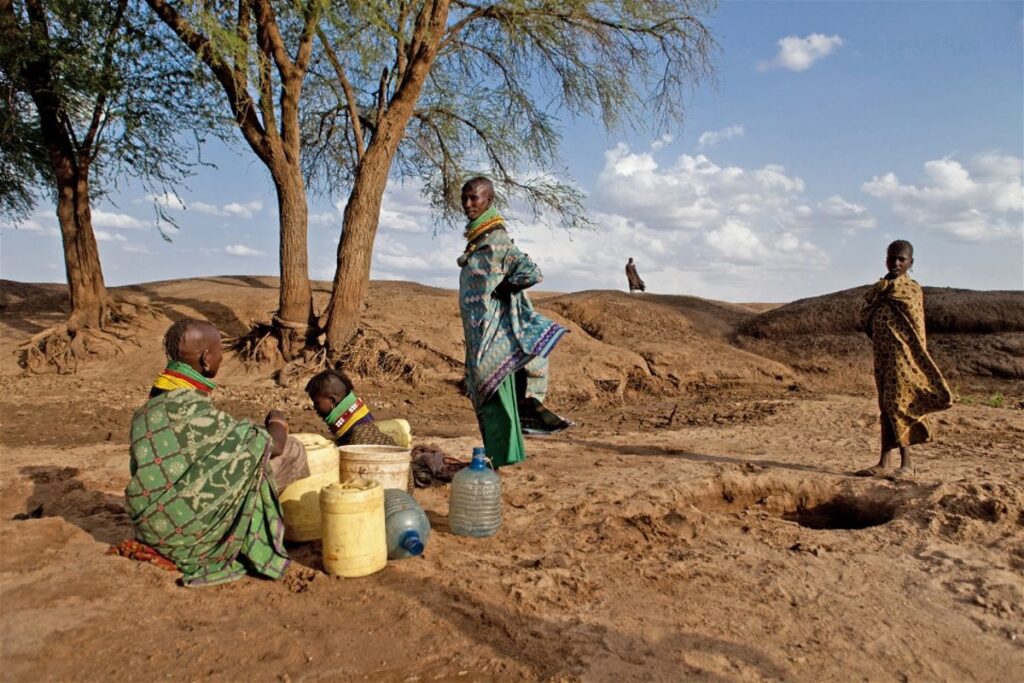
The Need for Empowering Women and Youth in Climate Change Mitigation on a Local Level through Union Councils
Introduction:
Climate change poses a severe threat to human rights, including the right to life, health, and a clean environment. Pakistan, as a developing country, is particularly vulnerable to the impacts of climate change, exacerbating existing social and economic inequalities. In response to this challenge, the Human Rights Welfare Society Pakistan recognizes the importance of empowering women and youth in climate change mitigation efforts on a local level through Union Councils. This essay aims to explore why empowering women and youth in climate change mitigation through these structures is crucial for promoting human rights, sustainable development, and social justice in Pakistan.

- Intersectionality of Climate Change and Human Rights:
a. Climate change disproportionately affects marginalized groups, including women and youth, intensifying existing socio-economic disparities.
b. Upholding human rights in the face of climate change requires addressing these intersecting vulnerabilities and empowering those most affected.
c. Empowering women and youth ensures equal access to information, resources, and decision-making processes, promoting social justice and human rights. - Women’s Empowerment and Climate Change Mitigation:
a. Women play a significant role in climate change mitigation and adaptation efforts, particularly in sectors such as agriculture, water management, and natural resource management.
b. Empowering women enables them to participate actively in decision-making processes, contributing their knowledge and experiences to sustainable development.
c. Recognizing and promoting women’s leadership in climate change initiatives enhances their agency, constructive engagement, and equitable representation. - Youth Empowerment and Climate Change Mitigation:
a. Young people are vital stakeholders in climate change mitigation due to its long-term impacts on their future.
b. Empowering youth encourages their participation, creativity, and innovative approaches in finding sustainable solutions to climate challenges.
c. Equipping young individuals with climate education, skills development, and opportunities for engagement cultivates their capacity as environmental leaders and change agents. - The Role of Union Councils in Local Climate Change Mitigation:
a. Union Councils serve as local governance structures in Pakistan, responsible for the implementation of development projects and policies.
b. These councils provide an ideal platform to engage women and youth in climate change mitigation at the grassroots level.
c. Union Councils can facilitate capacity building, awareness campaigns, and community involvement in climate-related activities, ensuring local ownership and sustainability. - Advancing Gender Equality and Social Inclusion:
a. Empowering women and promoting gender equality in climate change mitigation fosters social inclusion and human rights.
b. Ensuring women’s meaningful participation and representation in decision-making processes contribute to policy coherence and effectiveness.
c. Addressing gender-based vulnerabilities and ensuring women’s access to adaptive resources builds climate resilience and social justice. - Enhancing Youth Engagement and Education:
a. Empowering youth through Union Councils involves providing climate education, training, and opportunities for youth-led initiatives.
b. Engaged and informed youth can mobilize communities, advocate for climate-friendly policies, and drive sustainable practices.
c. Youth empowerment fosters intergenerational equity, social cohesion, and long-term sustainable development. - Collaboration and Partnerships for Change:
a. Human Rights Welfare Society Pakistan plays a pivotal role in advocating for gender-responsive and youth-centric climate change policies and actions.
b. Collaborating with government institutions, NGOs, academia, and civil society organizations strengthens efforts to empower women and youth at the local level.
c. These partnerships can leverage resources, expertise, and collective action to create transformative change in climate change mitigation strategies.

Conclusion:
Empowering women and youth in climate change mitigation through Union Councils is essential for promoting human rights, sustainable development, and social justice in Pakistan. The Human Rights Welfare Society Pakistan recognizes the intersecting vulnerabilities faced by marginalized groups, particularly women and youth, and advocates for their meaningful engagement in decision-making processes. By fostering gender equality, social inclusion, and intergenerational equity, we can build resilience, create sustainable livelihoods, and protect human rights in the face of climate change. It is essential for policymakers, civil society organizations, and development practitioners to prioritize this empowerment, fostering a just and sustainable future for all.
All Categories
- Agricultural Methods
- Agriculture and Women Small Farmers Rights Awareness
- Climate Change
- Disable and Human Rights
- Disable Jobs
- Donation
- Education
- Health Issues
- Organic Foods
- Organic Vegetables
- Orphans Children
- Plastic production and disposal
- Services
- Sinking in Scarcity
- Success Stories
- Uncategorized
- Waste Management
- Women Rights
- Youth Empowerment




